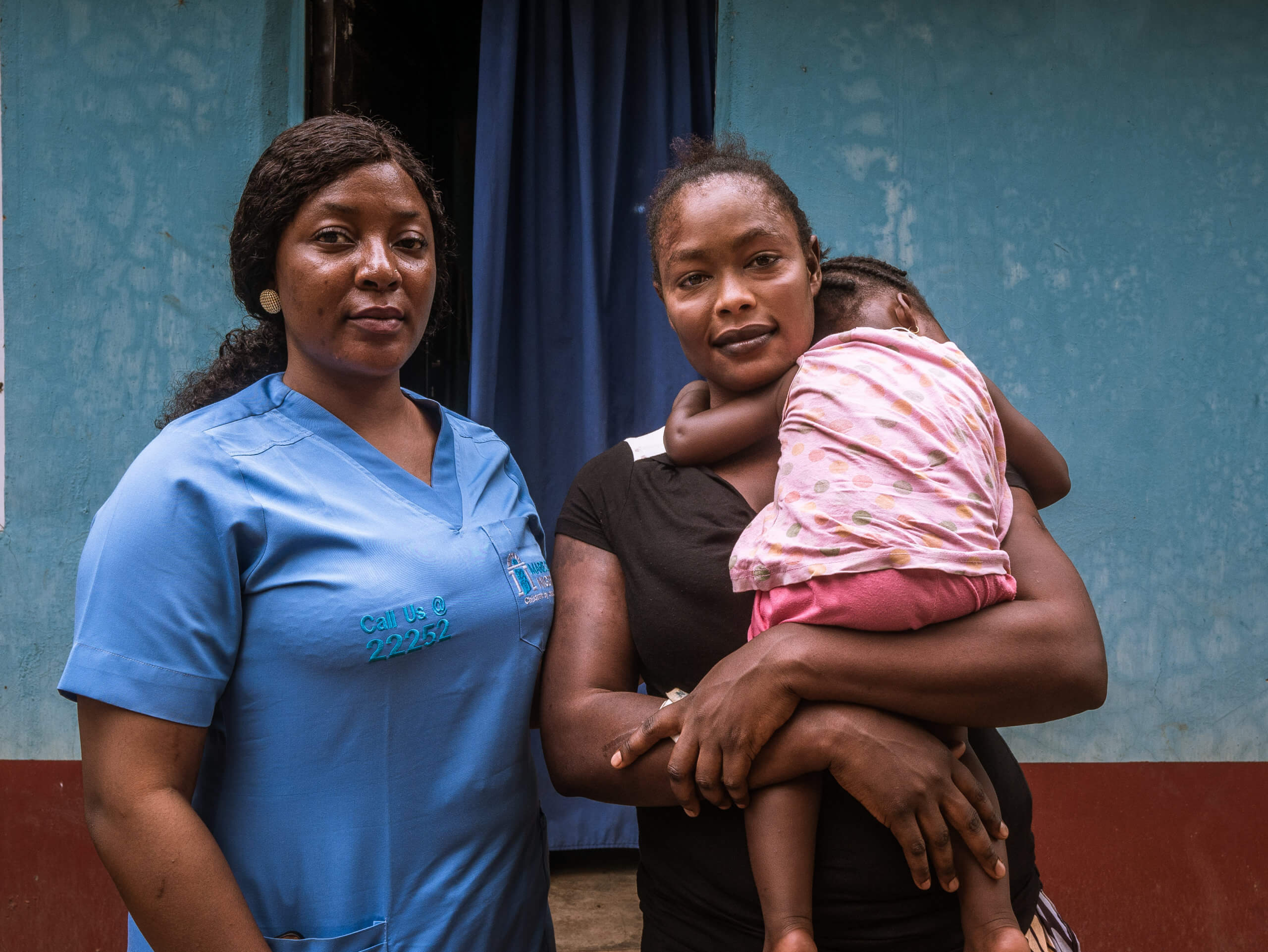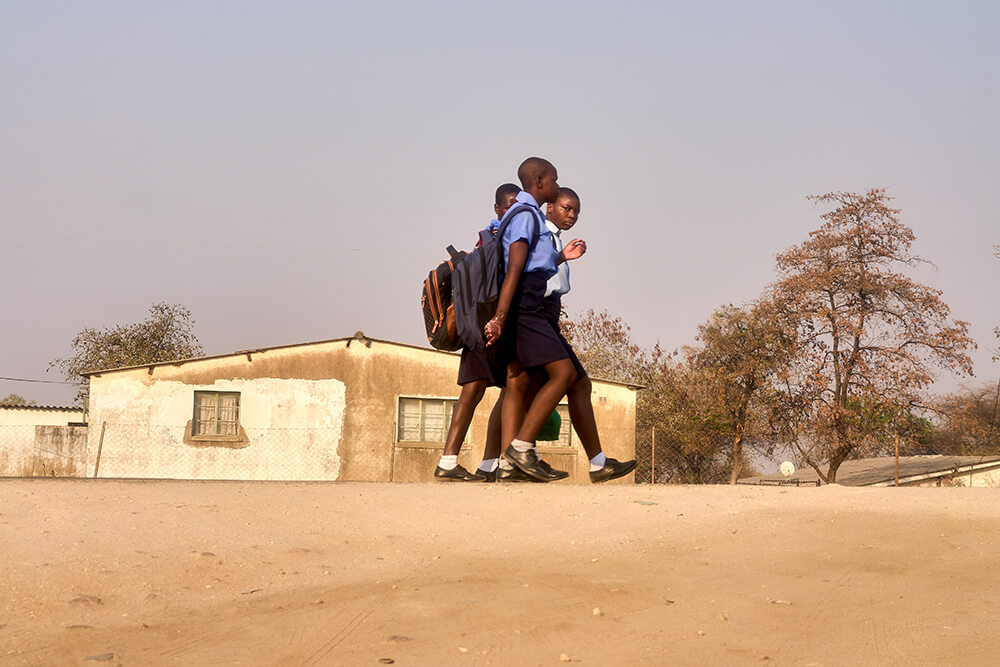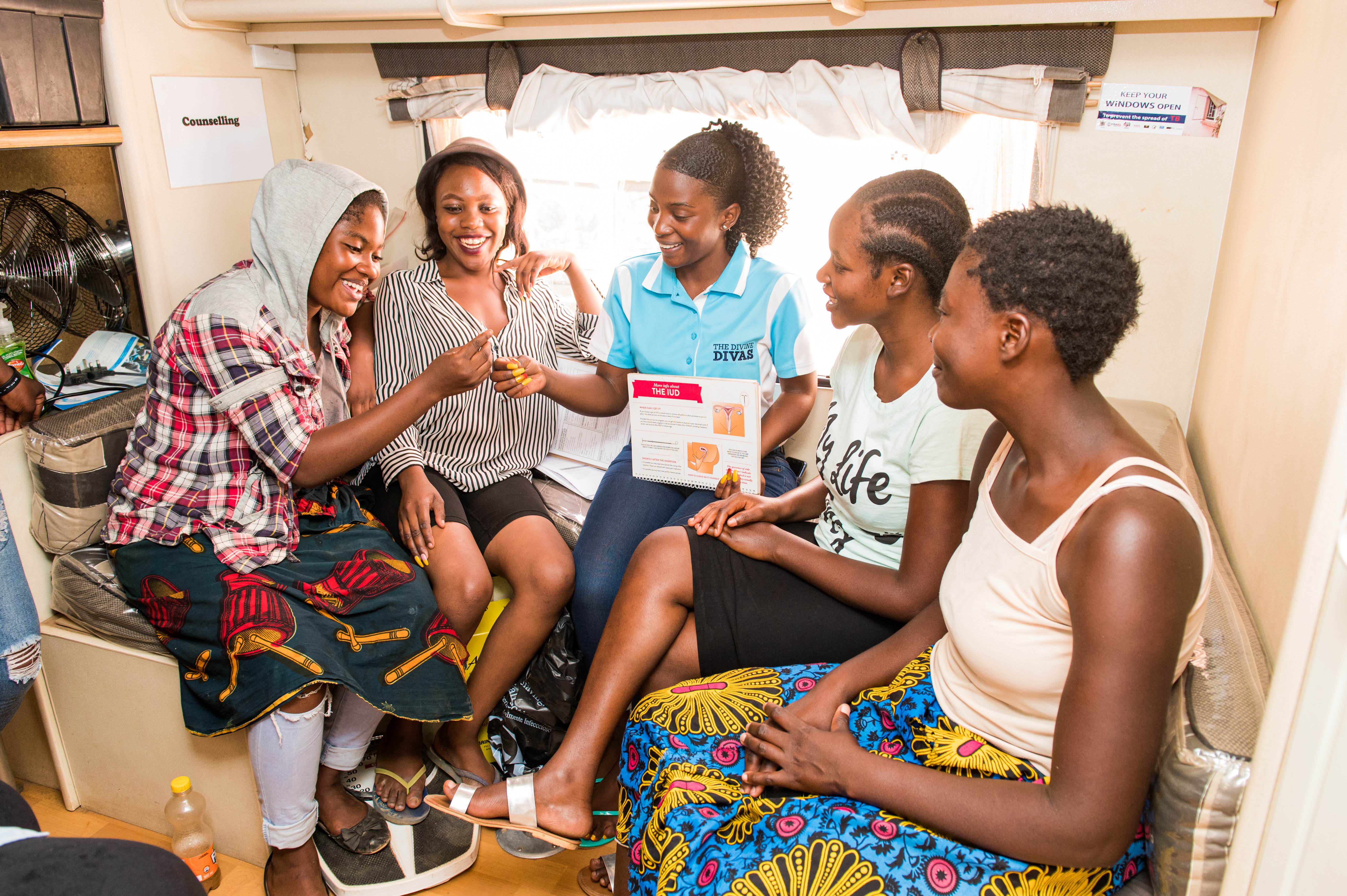“Here, I am able to help my fellow women”
Meenakshi Sazena, Program Coordinator in India
In Rajasthan, people don’t talk about sex or contraception. In fact, some people believe that even talking about sexual health is a sin. But Meenakshi Sazena, a program coordinator for MSI in India, is breaking down barriers.
“After I learned about reproductive rights, I knew that I wanted to tell other women about their rights. In Rajasthan, people don’t talk about women’s reproductive rights, sex and family planning; it’s taboo. It’s all hidden within the family,” Meenakshi explains.
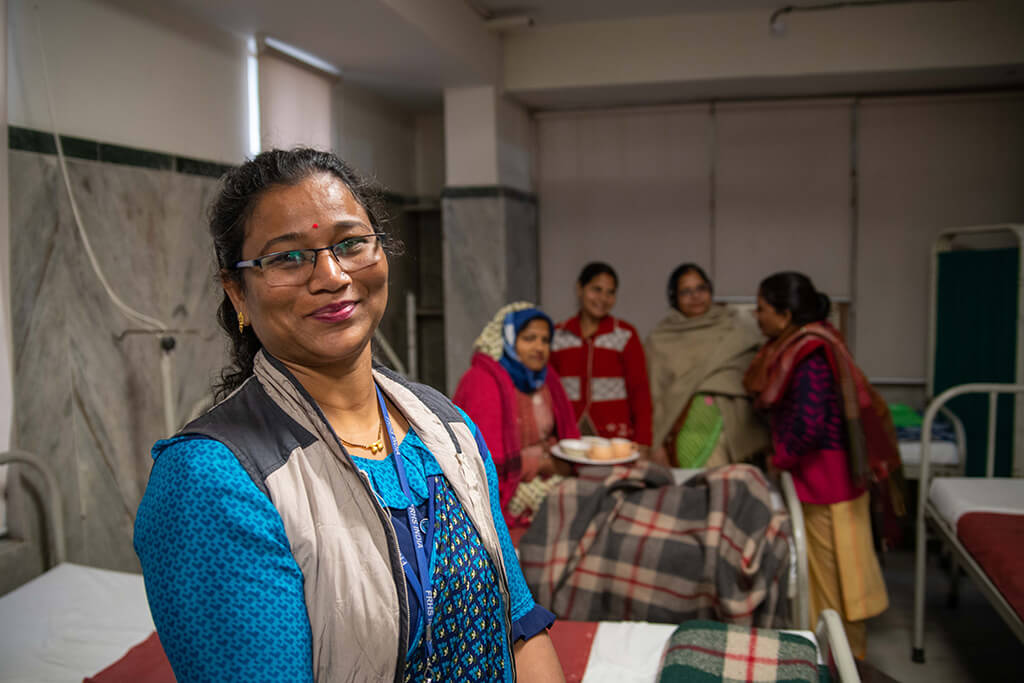
Abortion is especially taboo: “Abortion is absolutely never talked about in public. It’s kept a secret from family members. But I want to be transparent and open about these issues so that we can educate more and more women.”
Meenakshi believes that every woman should have the right to decide if and when she wants to have a child, because the burden for raising them usually falls to women. “We should have the freedom to live our lives as well,” she says.
To spread the word about reproductive rights, Meenakshi goes on outreach trips to local villages. There, she teaches community health workers – called ASHA didis – about contraception and abortion. These health workers then go door-to-door in their villages, talking to women about their options. Meenakshi also organizes block meetings for community members, educating them about the services MSI offers.
Most of the clients Meenakshi sees each day are very poor, living on $1.25 a day or less. They usually have very little information about contraception. Meenakshi makes sure that they know about all their options and can choose the best method for their needs.
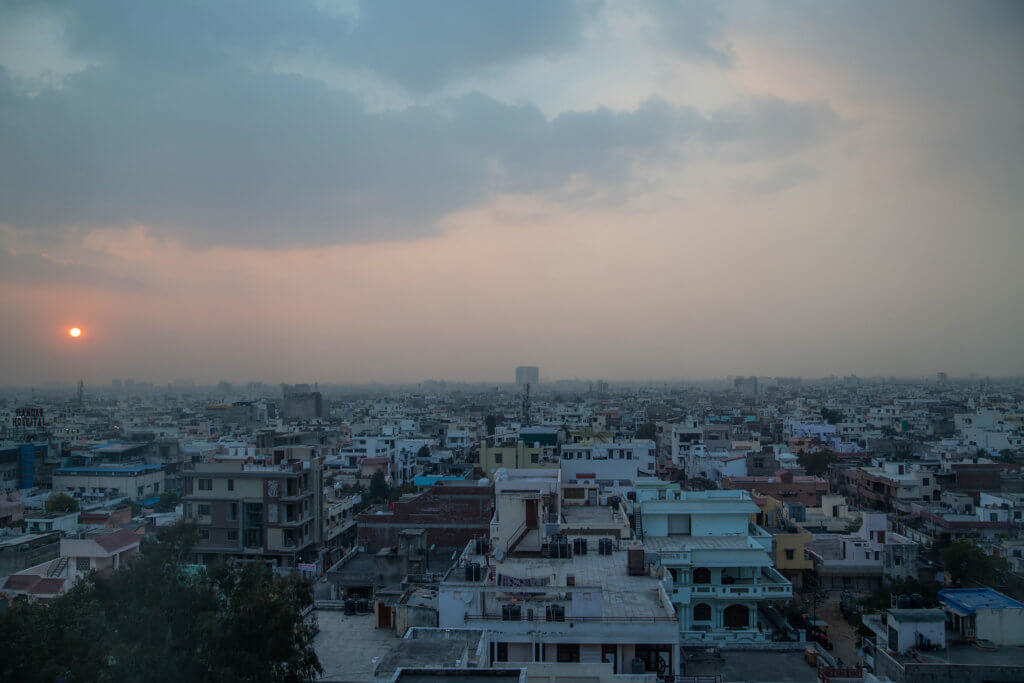
One client in particular stands out in Meenakshi’s memory: “When I was on outreach, providing services outside the clinic, I met a woman who confided in me about a friend who was in trouble. This friend of hers was pregnant outside of wedlock. In India, having a child out of wedlock is taboo and shameful to the community. It turned out that she was not talking about her friend but herself – she was terrified.”
The young woman was about 10 weeks pregnant. She was living in fear of what would happen if her family found out. Her boyfriend had stopped speaking to her, and she couldn’t afford the cost of abortion at a private clinic. She was afraid that she’d be forced to drop out of school if she remained pregnant. She was so distressed that Meenakshi feared she would commit suicide.
“I was able to counsel her about our services. I told her that at MSI we won’t judge her.” The young woman was relieved to be able to end her pregnancy. “She was able to get an abortion safely. She was very thankful. She hugged me and told me, ‘You have given me the gift of being able to live freely in my community.’”
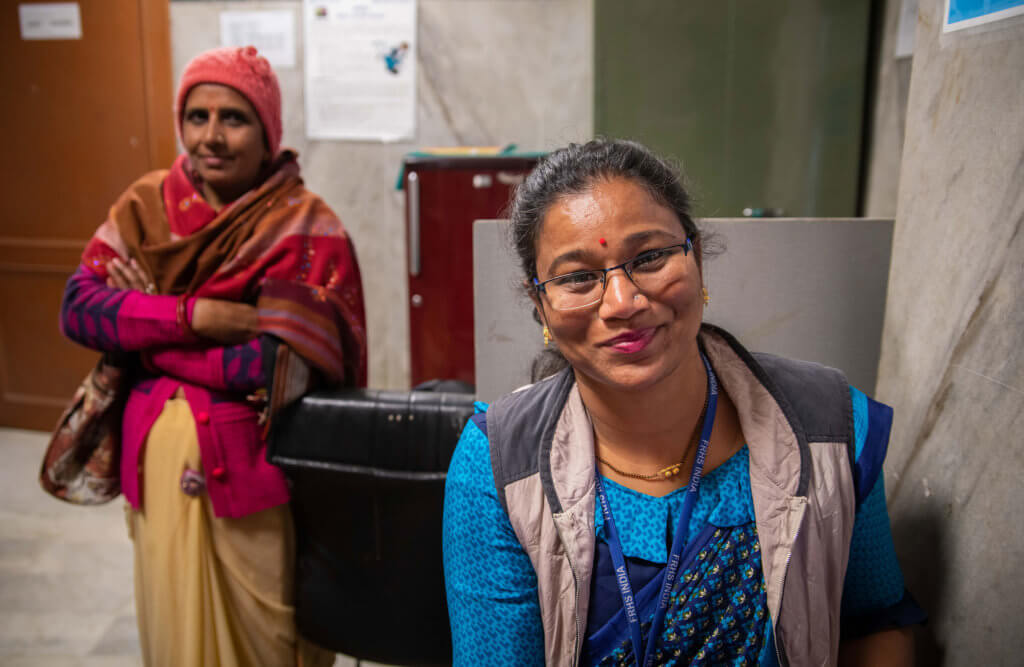
Compassionate healthcare providers like Meenakshi make choice possible for women in India. With support from generous donors, Meenakshi and her colleagues can continue tearing down taboos, educating women and ensuring that everyone can access the reproductive healthcare they need.



